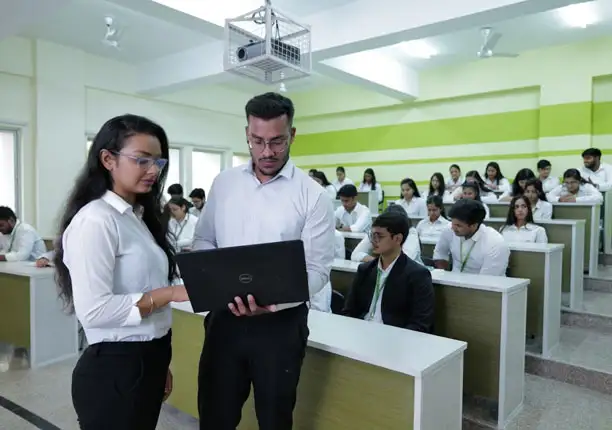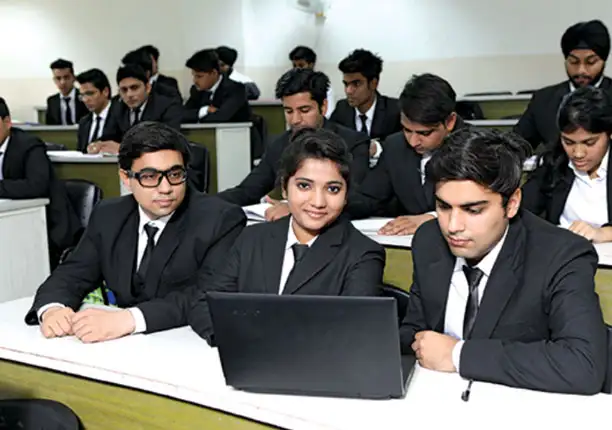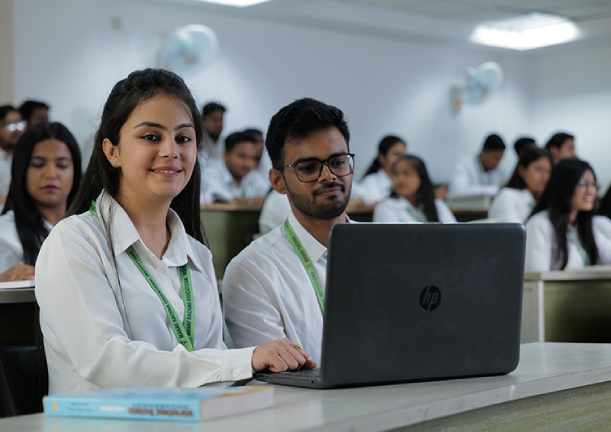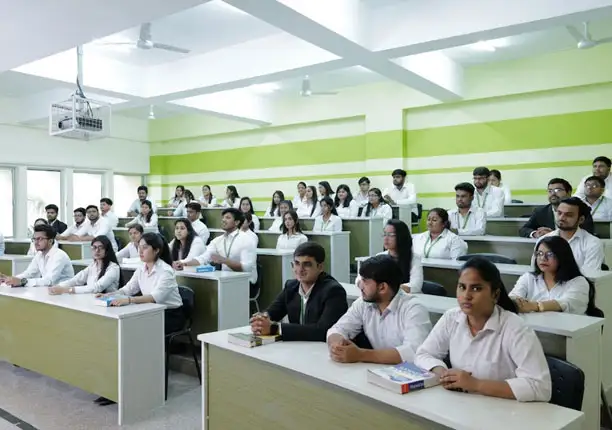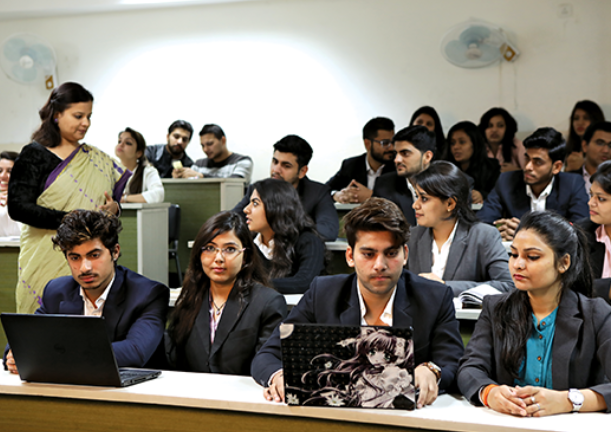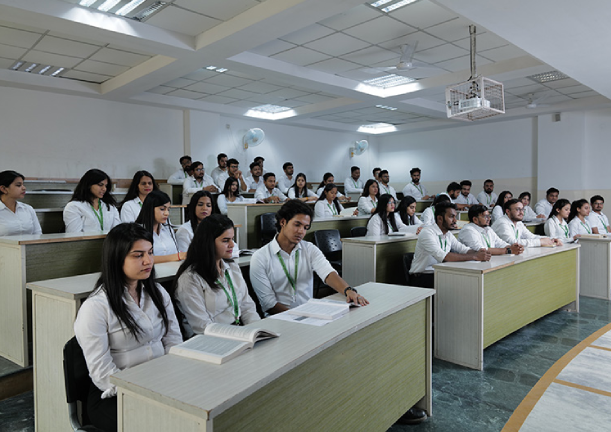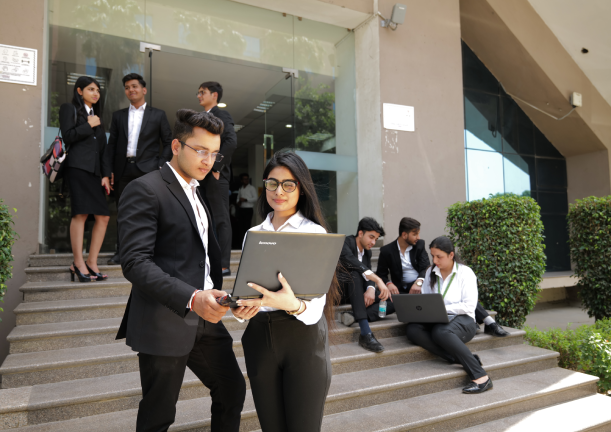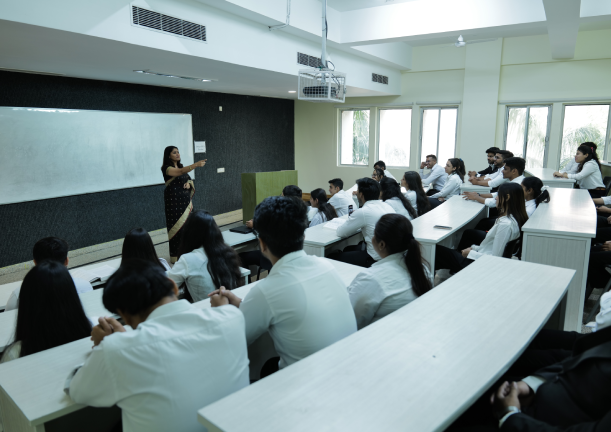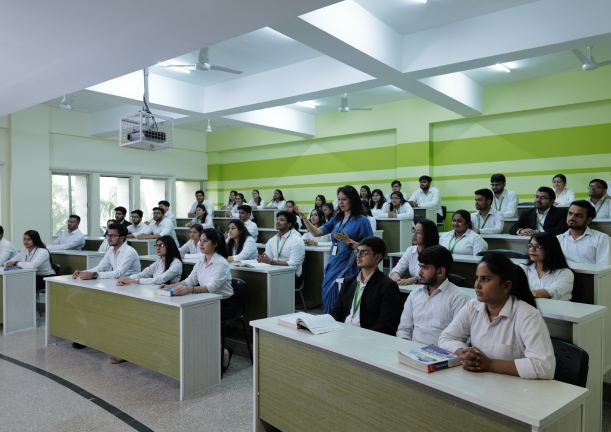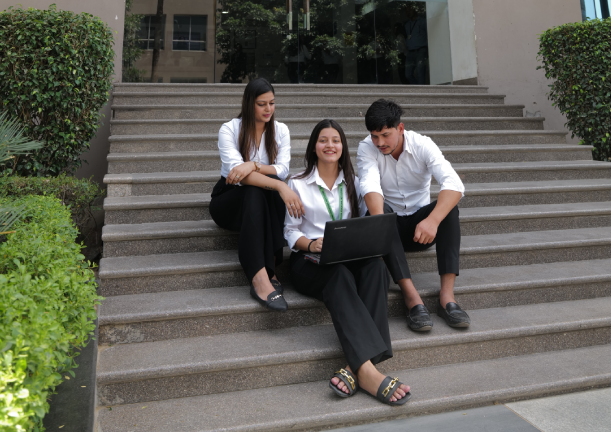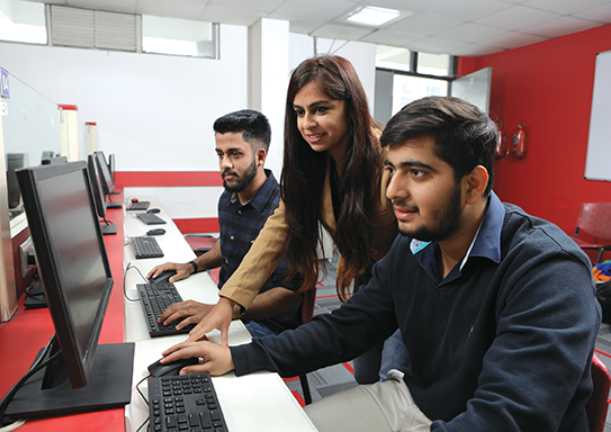- Tuition and Financial Aid
- Collaborations
- MR Universe
- Student Support
- Important Links
- Spotlight
- Careers
Manav Rachna International Institute Of Research And Studies
- School of Engineering & Technology
- School of Computer Application
- School of Leadership & Management
- School of Allied Health Sciences
- School of Behavioral and Social Sciences
- School of Media Studies & Humanities
- School of Design
- School of Commerce
- School of Culinary and Hotel Management
- School of Dental Sciences
- Manav Rachna International School
- Manav Rachna Centre for Distance and Online Education
- Council for Doctoral Programs
- About MRIIRS
- Academics
- Schools
- School of Engineering & Technology
- School of Computer Application
- School of Leadership & Management
- School of Allied Health Sciences
- School of Behavioral and Social Sciences
- School of Media Studies & Humanities
- School of Design
- School of Commerce
- School of Culinary and Hotel Management
- School of Dental Sciences
- Council for Doctoral Programs
- Manav Rachna Centre for Distance and Online Education
- Research
- Life @ MRIIRS
- Global Panorama
- Placement
- Alumni
- Admissions
-
MRIIRS
Admissions
+Find out more -
MRU
Admissions
+Find out more -
MRDC
Admissions
+Find out more -
MRCDOE
Admissions
+Find out more -
MRIS
Admissions
+Find out more
APPLY NOW
-
- Apply Now
.png)
